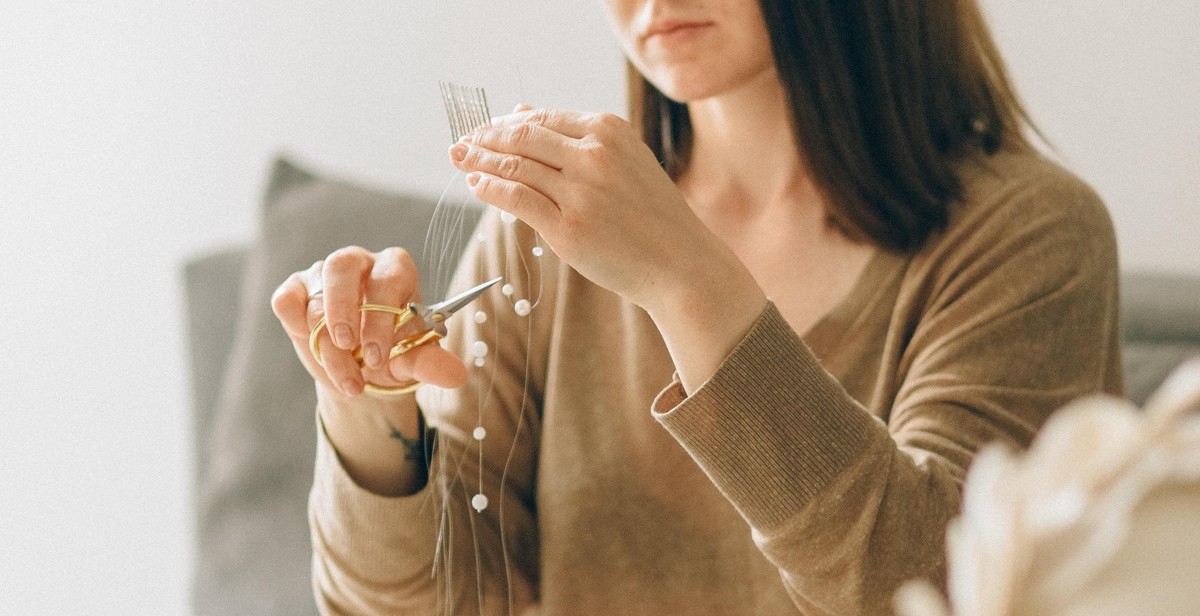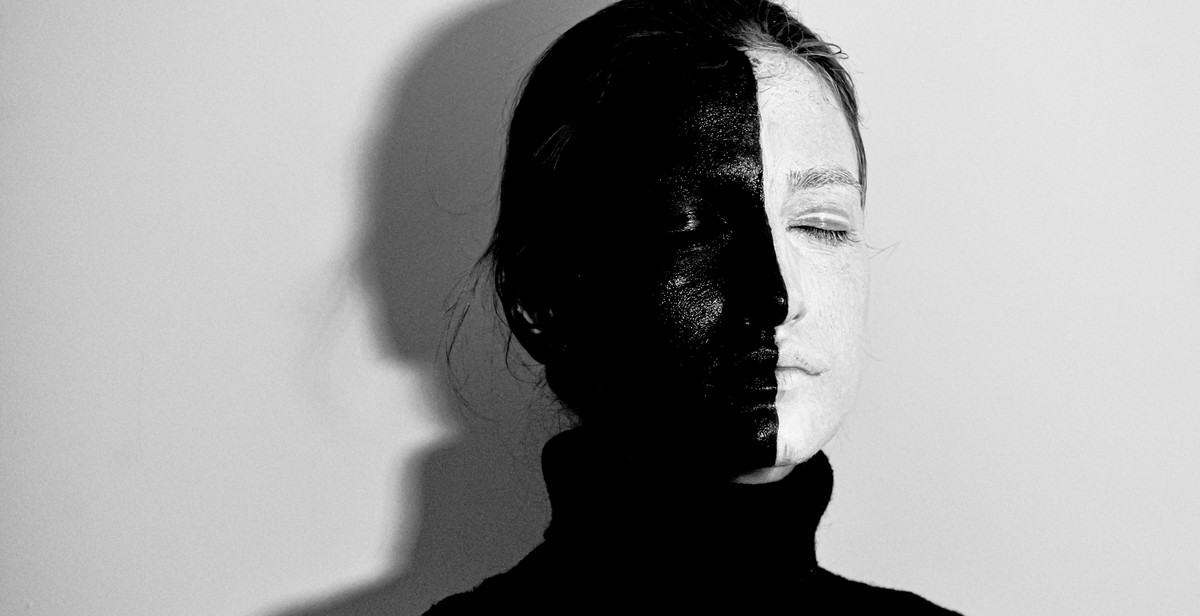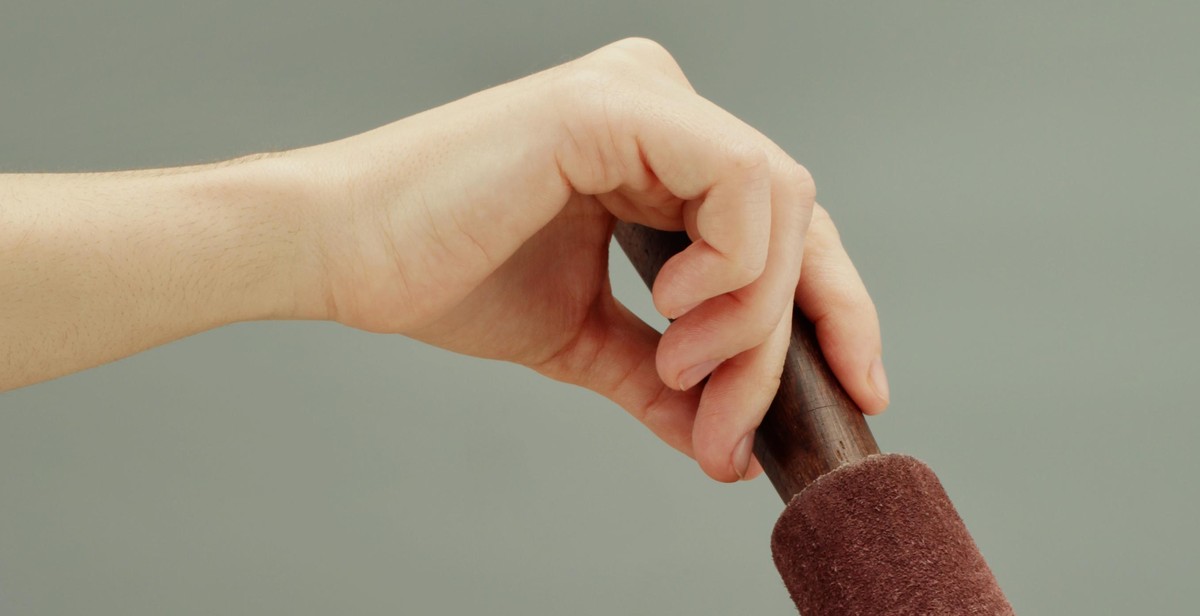The Art of Making Up: Healing After a Fight
As a love and relationships psychology guru, I have seen countless couples struggle with the aftermath of a fight. It’s a common misconception that fights are a sign of a failing relationship. In reality, disagreements are a natural part of any healthy relationship. However, it’s how you handle the aftermath that truly determines the strength of your bond.
Personally, I’ve had my fair share of fights in my relationships. I used to think that the only way to resolve a disagreement was to “win” the argument. But over time, I realized that winning an argument doesn’t mean anything if you lose your partner’s love and respect in the process.
Through my experience as a professional article writer and content creator, I have learned the art of making up after a fight. It’s not about saying sorry just to end the argument, but rather about truly understanding your partner’s perspective and finding a solution that works for both of you.
In this article, I will share my insights and tips on how to heal after a fight and strengthen your relationship in the process. From effective communication techniques to learning how to forgive, I will guide you through the art of making up.

Understanding the Importance of Making Up
As a love and relationships psychology guru, I have seen many couples go through fights and arguments in their relationships. I have also personally experienced my fair share of disagreements with my partner. However, what I have come to understand is the importance of making up after a fight.
My Personal Experience
I remember a time when my partner and I had a huge argument that lasted for days. We both said things we didn’t mean, and it felt like the end of our relationship. However, we eventually reached a point where we realized that we needed to make up and move forward.
Through this experience, I learned that making up after a fight is not just about apologizing and moving on. It’s about acknowledging what went wrong, taking responsibility for your actions, and actively working towards a resolution.
The Benefits of Making Up
When you make up after a fight, it shows that you value the relationship and are willing to work through the tough times. It also allows you to restore trust and intimacy in the relationship and can even strengthen the bond between partners.
Additionally, making up after a fight can help prevent future conflicts. By addressing the underlying issues and working towards a solution, couples can learn how to communicate better and avoid similar arguments in the future.
The Risks of Not Making Up
On the other hand, failing to make up after a fight can have detrimental effects on the relationship. It can lead to unresolved anger and resentment, which can manifest in future arguments. It can also create a divide between partners and cause them to grow apart.
In extreme cases, not making up after a fight can lead to the end of the relationship. When couples are unable to work through their issues and make up, it can create irreparable damage to the relationship.
Conclusion
In summary, making up after a fight is crucial for the health and longevity of a relationship. It requires effort, communication, and a willingness to work through the tough times. By understanding the importance of making up, couples can strengthen their bond and create a happier, healthier relationship.

The Psychology Behind Fighting
As a love and relationships psychology guru, I have seen many couples who have gone through rough patches in their relationships. One of the most common reasons for these rough patches is fighting. But why do we fight?
Why Do We Fight?
There are various reasons why couples fight. Some of the common reasons include:
- Communication issues
- Jealousy
- Infidelity
- Money problems
- Power struggles
- Different values and beliefs
However, at the root of most conflicts is a feeling of being misunderstood or not feeling heard. When we feel misunderstood or unheard, we tend to become defensive and start a fight.
The Fight or Flight Response
When we fight, our bodies go into a fight or flight response. This is a natural response to perceived threats, and it’s a survival mechanism that has helped humans survive for thousands of years. When we feel threatened, our bodies release adrenaline, which prepares us to either fight or run away.
In the context of a relationship, the fight or flight response can be triggered by a fight. When we feel attacked or threatened, our bodies go into fight mode, and we become defensive. This can lead to an escalation of the conflict, as both partners try to defend themselves.
It’s important to recognize the fight or flight response in ourselves and our partners, as it can help us understand why we react the way we do during a fight. By understanding the physiological response that occurs during a fight, we can learn to manage our emotions and respond in a more constructive way.
| Tip: | Take a break when you feel overwhelmed during a fight. This can help you calm down and prevent the fight from escalating. |
|---|
In the next section, we’ll explore how to heal after a fight and move forward in your relationship.

The Art of Making Up: Healing After a Fight
Relationships are not always smooth sailing. There will be times when you and your partner will have disagreements that can lead to fights. But what’s important is how you both handle the aftermath of the argument. The art of making up is not just about saying sorry and moving on. It’s about understanding each other’s feelings and working together to heal after a fight. Here are the steps you can take:
Step 1: Take a Break
When emotions are running high, it’s best to take a step back and cool off. Taking a break can give you both time to reflect on what happened and think about how you can approach the situation calmly. It’s important to set a time to talk again after the break so that the issue doesn’t get swept under the rug.
Step 2: Acknowledge Your Role in the Fight
It’s easy to blame the other person for the argument, but it’s important to acknowledge your role in the fight. Take responsibility for your actions and apologize for any hurtful things you may have said. This will show your partner that you are willing to take accountability for your part in the argument.
Step 3: Communicate with Empathy
When you’re ready to talk again, it’s important to communicate with empathy. Put yourself in your partner’s shoes and try to understand their perspective. Listen to what they have to say without interrupting or getting defensive. This will show them that you value their feelings and are willing to work together to find a solution.
Step 4: Forgive and Move Forward
Forgiveness is key to healing after a fight. Holding grudges and resentment will only lead to more arguments in the future. Once you and your partner have talked things out, it’s important to forgive each other and move forward. This doesn’t mean that you forget what happened, but it means that you are willing to let go of the negative emotions and work towards a healthier relationship.
In conclusion, the art of making up is about understanding each other’s feelings and working together to heal after a fight. By taking a break, acknowledging your role in the fight, communicating with empathy, and forgiving each other, you can move forward towards a stronger and healthier relationship.

Conclusion
Healing after a fight is an essential part of any relationship. It can be challenging, but it is necessary to move forward and grow together. Remember to communicate openly and honestly with your partner, take responsibility for your actions, and work together to find a solution that works for both of you.
It’s also essential to take care of yourself during this time. Take the time to reflect on your feelings, practice self-care, and seek support from friends and family if needed.
Remember that fights are a natural part of any relationship, and they can even bring you closer together if handled correctly. Don’t be afraid to apologize and forgive, and always strive to learn and grow from your experiences.
Key Takeaways
- Healing after a fight takes time and effort.
- Communication is key to finding a solution.
- Take responsibility for your actions and apologize when necessary.
- Practice self-care and seek support from loved ones.
- Learn and grow from your experiences to strengthen your relationship.
Remember:
| Reflect | Express | Make Amends | Embrace Forgiveness | Move Forward | Be Patient | Enjoy Your Relationship |
By following these steps, you can heal after a fight and strengthen your relationship with your partner. Remember to be patient, communicate openly, and always strive to learn and grow from your experiences.
